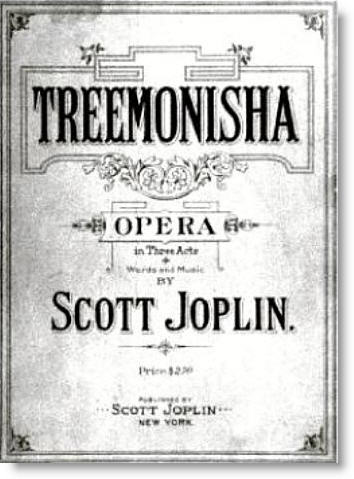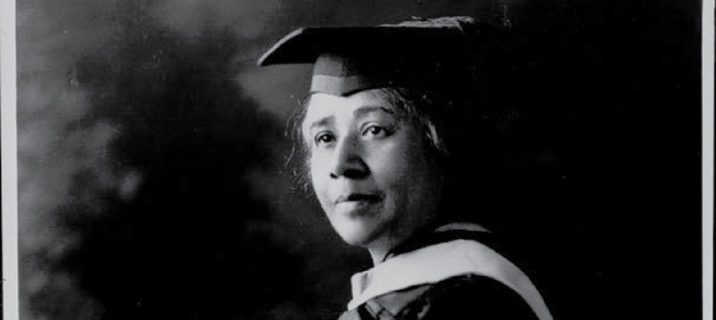Rachel Lumsden’s “Uplift, Gender, and Scott Joplin’s Treemonisha” is an article that discusses the relationship between racial uplift and gender and how it is portrayed in the opera. In the beginning of the composition, Lumsden focuses on racial uplift and gender in the real world. Lumsden’s main theme was the eclipsing of black women’s contributions. During the highlight of the racial uplift period, black people, women and men, worked to improve the conditions of their race, by ways of “education, self-help, service, and the moral and material progress of African Americans”. Though both black men and women contributed to the upliftment of the black race, the contributions of black women were often overshadowed. Lumsden then highlights the many different black women that contributed to this movement and Anna Julia Cooper was one of them.

Anna Julia Cooper is a spectacular writer and feminist who worked racial uplift, as well as gender uplift. Anna Julia Cooper insisted that the conditions of African Americans could not change without acknowledging and rectifying the oppression of black women. Like many other black women who worked towards racial uplift, the work of Anna Julia Cooper was overlooked and passed over for many years solely because she was a woman. Cooper’s work was even denounced by W. E. B. DuBois when he quoted her work in one of his essays and neglected to cite her name. This instance is just one of many that show the disrespect that black women receive on the behalf of black leaders and black men in general. Lumsden describes an occurrence in which Frederick Douglass was asked to name a few important black women and he states “I have thus far seen no book of importance written by a negro woman and I know of no one among us who can appropriately be called famous”. Douglass’ neglect to mention any names shows that the Anna Julia Cooper, Mary Church Terrell, Ida B. Wells, and many other black women were seen as unimportant and less than men. Black male leaders and black men who dismissed the work of black men were hypocritical to their own core mission.

To advocate for the rights of black men, while neglecting the women proves that there is not a true desire for the upliftment of the race, but only a desire for the rise of the position of black men in society. One who truly wants to uplift the black race embraces black men and women for their differing views and perspectives that can contribute to the conversation. Diminishing and ignoring the black woman proves that those who claimed to want racial uplift only want to uplift themselves.
References
Lumsden, Rachel. (2015). Uplift, Gender, and Scott Joplin’s Treemonisha. Black Music Research Journal, 35(1).

Login to your account